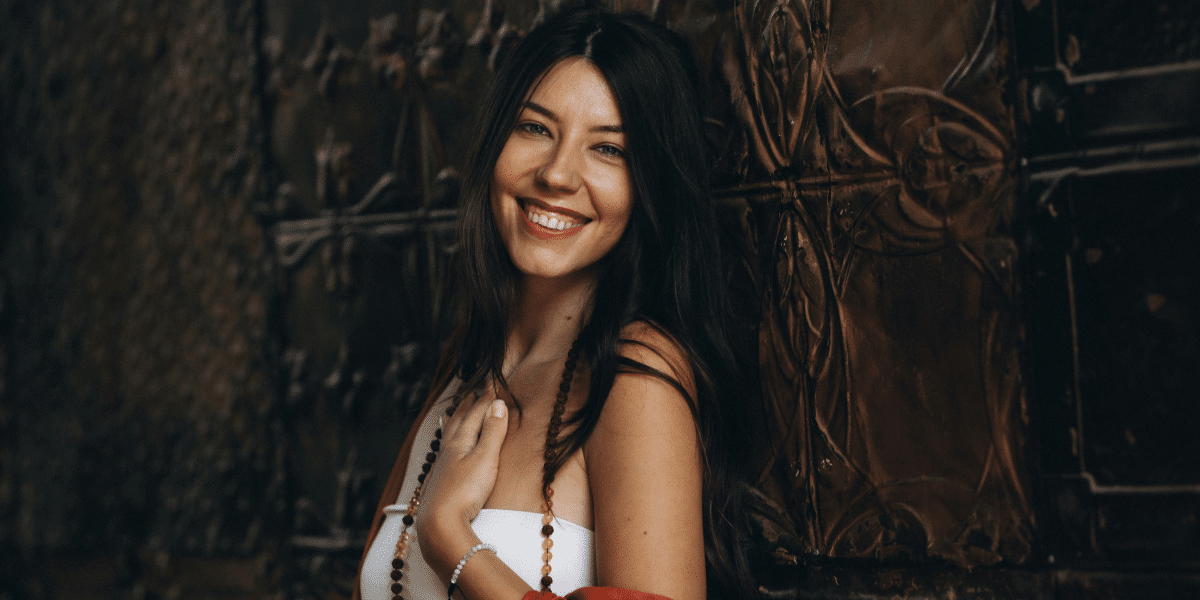Launching a successful fashion brand requires more than creative vision and a passion for style. Securing adequate funding is a crucial element that fuels a fashion startup’s journey from its initial concept into a thriving business. Understanding the various funding options tailored to the fashion industry is essential for entrepreneurs looking to turn their dreams into a tangible reality.
Bootstrapping involves self-funding your fashion startup through personal savings, small loans from friends or family, or reinvesting early business revenues. This path demands resourcefulness and a willingness to take on multiple roles. “Bootstrapping forces you to be laser-focused on what’s essential and to creatively problem-solve with limited resources,” notes the founder of a successful bootstrapped apparel brand. While it maximizes control, bootstrapping may slow down growth due to financial constraints.
Crowdfunding platforms like Kickstarter or Indiegogo allow fashion startups to present their brand story and product concepts directly to a vast community of potential backers. Successful campaigns often involve enticing pre-order offers or exclusive rewards for early supporters. Crowdfunding not only raises capital but can crucially validate an idea and generate initial brand awareness. However, it requires a well-articulated pitch, compelling video content, and strategic marketing to stand out on crowded platforms.
Angel investors are often affluent individuals with an interest in supporting promising startups. In the fashion industry, angel investors might be drawn to innovative brands aligned with their values or have relevant industry experience. Beyond providing capital, angel investors can offer valuable mentorship, industry connections, and strategic guidance. Finding the right angel investor requires networking, attending pitch events, or utilizing angel investor matchmaking platforms.
Venture capital (VC) firms specialize in investing larger amounts of funding into startups with the potential for high growth and return on investment. Fashion-focused VCs typically look for brands demonstrating strong potential for scalability, unique market positioning, and an experienced management team. Securing VC funding can accelerate growth, but it generally entails ceding some control and meeting investor-dictated milestones.
Factors Influencing Funding Choices
The optimal funding path for your fashion startup depends on several factors:
-
Stage of Your Business: Bootstrapping might be most suitable for the earliest stages, while VC funding is often better suited to later stages demonstrating traction.
-
Size of Funding Needs: Crowdfunding might be viable for smaller initial funding goals; larger capital needs may necessitate appealing to angel investors or VCs.
-
Risk Tolerance and Desire for Control: Bootstrapping offers maximum control, while securing VC funding often entails giving up some equity and decision-making power.
Funding a fashion startup presents unique challenges to consider:
-
Physical Product: Producing apparel or accessories requires higher upfront investment compared to purely digital startups, making early funding stages even more critical.
-
Inventory Management: Fashion businesses need to carefully factor in the costs associated with inventory, warehousing, and potentially dealing with unsold stock.
-
Trend-Driven Market: The fast-paced, trend-driven nature of fashion may necessitate a more agile and adaptable approach for attracting investors.
Approaching potential investors with a meticulously researched and well-articulated plan dramatically increases your chances of securing necessary funding. Think of it as the foundation upon which your fashion brand’s potential will be judged. A comprehensive business plan serves as a roadmap, demonstrating to investors that you’ve carefully considered all aspects of your venture. This vital document should clearly outline your brand concept and its unique selling points, a thorough analysis of your target market, realistic financial projections, and a cohesive marketing strategy to reach your intended customers.
Seeking the guidance of seasoned fashion entrepreneurs or business advisors can prove invaluable during the preparation process. These mentors can provide essential feedback on your business plan, assist in refining your pitch delivery, and offer insights into the specific expectations of investors within the fashion industry. Their seasoned perspective can help you anticipate potential questions, avoid common pitfalls, and tailor your presentation to resonate effectively with potential funders.
“Investors want to see that a founder has thoroughly researched their idea and understands the competitive landscape. A well-prepared pitch demonstrates both passion and competence,” remarks an angel investor specializing in fashion startups. Dedicating the necessary time and effort to this due diligence stage shows potential investors your commitment and instills confidence in your fashion brand’s potential for success.









